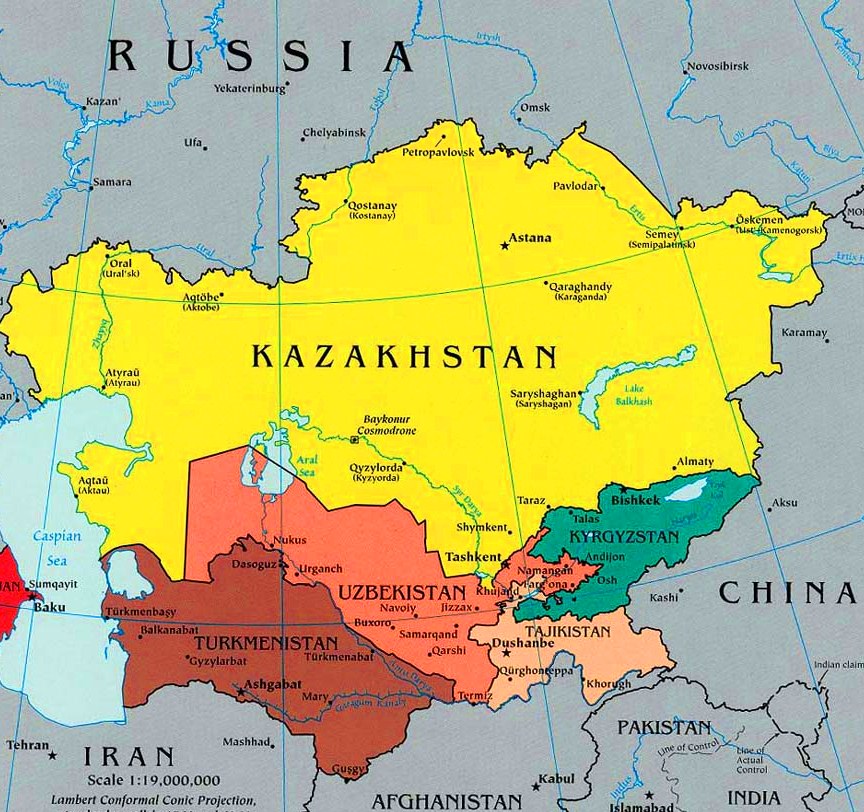Ankara- The Turkic peoples are Euro-Asian peoples that reside in north, central, and west of Eurasia. They speak the Turkic language, belong to Turkic families, and have different cultural and historic characteristics. The “Turkic” term has been used to describe the group of lingual ethnicities to which belong these peoples including Tatar, Kyrgyz, Uzbeks, Turkmen, and Turkish in the Republic of Turkey, along with many others that disappeared.
Central Asia is considered the original motherland of Turkic peoples. It is generally agreed that the first Turkic people lived in a region extending from Central Asia to Siberia, with the majority of them living in China historically. After the emergence of ancient migrants, Turkic languages have spread to other regions like Anatolia, Anadolu (currently the Republic of Turkey), and even the central and southern Russia.
Peoples with Turkic lingual and cultural background have spread in the region from Siberia in Eastern Russia to Central Asia and Eastern Europe. The biggest assemblage of these peoples has been concentrated in Central Asia, which includes Republics of Kazakhstan, Turkmenistan, Kirghizstan, Azerbaijan, Uzbekistan, and Turkey. Turkic peoples also live in other provinces like Crimea in Ukraine and Turkistan in China, Northern Iraq, Iran, Israel, Russia, Afghanistan, Cyprus, Bulgaria, Romania and many others. Some Turkic minorities also live in Lithuania, Eastern Poland, and Southeastern Finland in addition to many migrants in Germany, the United States, and Australia.
Turkic peoples are composed of six main tribes: Oghuz, Kipchak, Karluks, Guash Yakut, and Siberians. Oghuz is known as western Turkic tribe while the others are considered from eastern Turkic. The journalist Mahmoud Kabalan from the Yenisafak Newspaper (close to the Turkish Government), said that his country needs to prove existence in its region first so it can play an influencing role. The journalist said that Turkey still lacks for civilization and that intellect in the country didn’t reach the phase of strong-founded civilization. He continues saying that the Turkish scene has been full of intellects who adopt weird understandings and talk about cultures like they were talking about religion, or even replace culture with religion.
Kabalan noted that the western civilization and its colonialism confused minds and messed with Anthropology tools. The writer stated that the old Ottoman territories today comprise 41 states, with 35 of them located in rural regions. Therefore, he considered that understanding the surrounding problems requires the return to the history of the Ottoman Empire.
